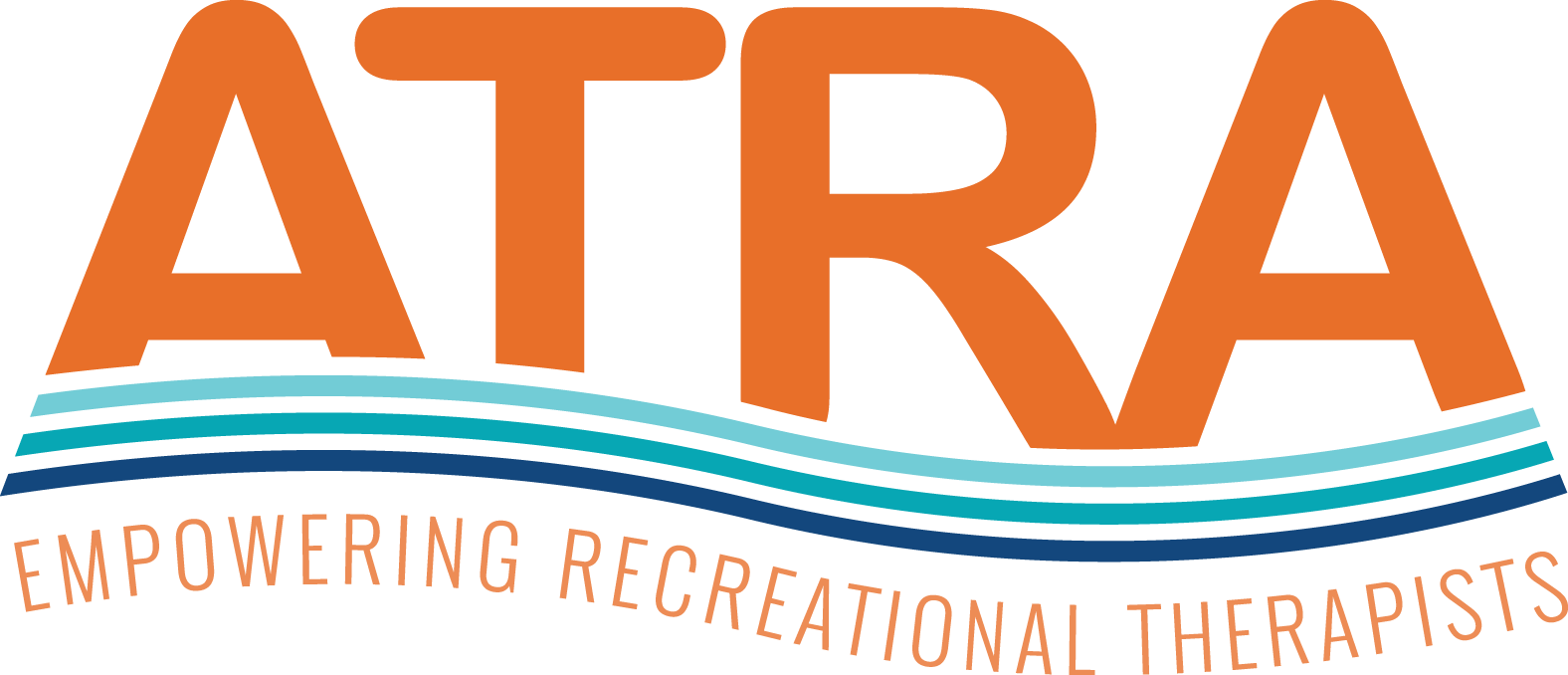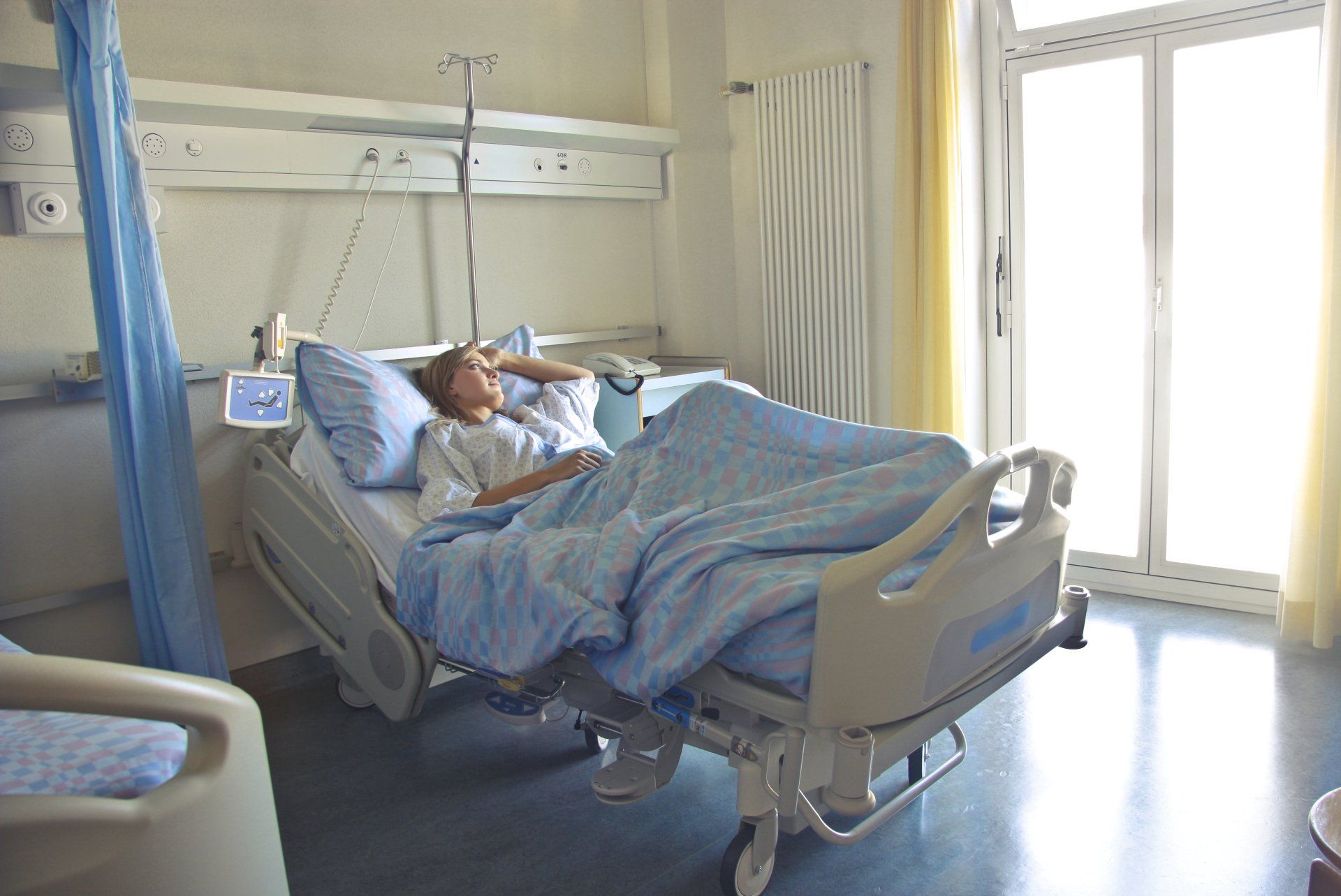MORE TO EXPLORE...
Regulatory Updates
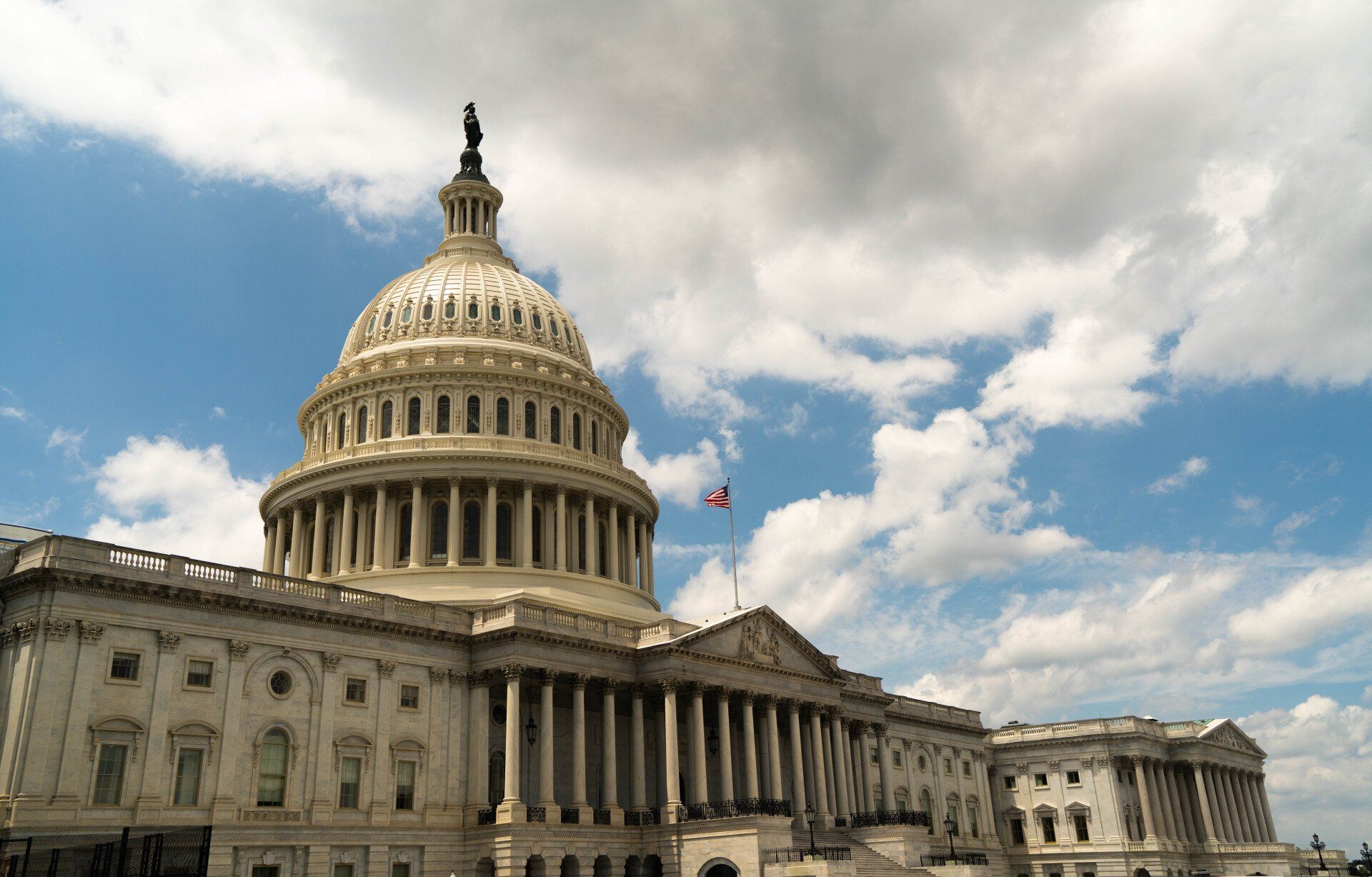
03 Dec, 2023
YOUR ADVOCACY IS NEEDED! ATRA has been busy advocating for you! Representatives Joe Courtney (D-CT) and Glenn Thompson (R-PA) recently introduced the bipartisan Access to Inpatient Rehabilitation Therapy Act of 2023. Why does this matter? Currently, Recreational Therapy (RT) is not included as a qualifying therapy under the “Three-Hour Rule” established by CMS, which states that patients receiving care in an inpatient rehabilitation facility (IRF) must engage in at least three hours of intensive therapy per day. This omission means that patients receiving care at IRFs are unlikely to receive RT services even when they would benefit from them. Further, this also means that IRFs are less likely to employ Recreational Therapists, who bring an abundance of specialized skills and expertise to the treatment team. HR 6110 returns authority to the physician and rehabilitation team in an IRF to determine the right mix of therapies for an individual to meet the intensity of therapy requirements—including Recreational Therapy. This legislation will help increase patient access to RT where appropriate and ensure that patients have a rehabilitation plan designed to best meet their needs. Now is the time to act! The bill has just been introduced, and we need cosponsors to build momentum. To support HR 6110, please email a letter to your representatives urging them to become cosponsors by using the draft template we prepared for you at this link. MAKE A DIFFERENCE. TAKE ACTION. ADVOCATE HERE!

04 May, 2023
ATRA Meets with CMS re: end of the “3 Hour Rule” in Inpatient Rehabilitation Facilities Since January 2020, the United States has operated under a declared public health emergency (PHE) during the COVID-19 pandemic. The Public Health Service Act, which provides the Secretary of Health and Human Services (HHS) with the authority to declare PHEs, requires such declarations to be renewed every 90 days if it is determined that the emergency still exists. Post-Acute Care Waivers During the PHE Using the agency’s own authorities and additional flexibilities granted by Congress, the Centers for Medicare and Medicaid Services (CMS) has implemented a series of blanket waivers for health care providers during the PHE. These include several important waivers impacting post-acute care (PAC) providers, the vast majority of which are scheduled to revert entirely upon lifting of the PHE, unless additional action is taken by CMS and/or Congress. Key waivers impacting the PAC field, and the status of those waivers, are summarized below. Three Hour Rule : First, numerous important PHE waivers directly impact Inpatient Rehabilitation Facilities (IRFs). A full list can be found here . Of particular importance is the so-called “three hour rule” waiver which is set to expire at the end of the PHE. The Coronavirus Aid, Relief, and Economic Security (CARES) Act includes a requirement during the PHE that CMS waive the “three-hour rule” for IRFs. Prior to the PHE, IRFs were required to use an “intensity of therapy” standard to assess whether patients were appropriate for admission to an IRF. This equated into a requirement that beneficiaries participate in at least three hours per day (or 15 hours per week) of skilled rehabilitation therapy. This requirement has been wholly waived during the PHE so that IRFs can accept patients even if they are not expected to receive the required three hours. On August 26, 2022, Representatives Joe Courtney (D-CT) and Glenn “GT” Thompson (R-PA) introduced H.R. 8746, the Access to Inpatient Rehabilitation Therapy Act . This legislation would maintain the three-hour rule in its pre-pandemic form upon admission of the patient, but would grant more flexibility for the treating rehabilitation physician to prescribe a broader mix of skilled therapeutic services as the patient recovers and prepares for discharge to home or another setting of care. Stakeholders, including ATRA, have met with CMS to discuss avenues to permanently expand the three-hour rule after the PHE ends, so that IRFs do not automatically “snap back” to the most restrictive version of the rule after the PHE. If agency action is not taken, stakeholders are likely to work with Congress to reintroduce the Access to Inpatient Rehabilitation Therapy Act in the 118th Congress to ensure that patients in IRFs are able to access the full slate of skilled therapies deemed necessary by the rehabilitation team. To read the full briefing on the end of the PHE from Powers Firm, click this link .

ATRA EMPOWERS RT'S IN SELECTED STATES THAT CMS IS OFFERING UP TO $5M GRANTS TO EXPAND ACCESS TO HCBS
07 Sep, 2022
The Centers for Medicare & Medicaid Services (CMS) announced that they are providing up to $5 million grants to new states and territories, including Illinois, Kansas, and New Hampshire, to expand access to Home and Community Based Services (HCBS). These awards will support the early planning phase for their MFP programs, including: Establishing partnerships with community stakeholders, including those representing diverse and underserved populations, Tribal entities and governments, key state and local agencies (such as state and local public housing authorities), and community-based organizations; and Recruiting HCBS providers as well as expert providers for transition coordination and technical assistance. ATRA has reached out to Recreational Therapists in these three states with a template letter for them to reach out to their Medicaid Administrator to seek additional information regarding this potential funding. If you would like additional information, please review this letter that ATRA sent last November explaining RT and how it connects with HCBS.

ATRA Partners
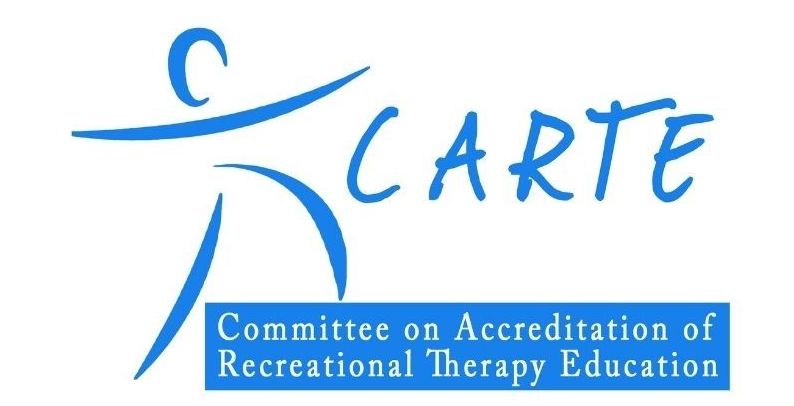

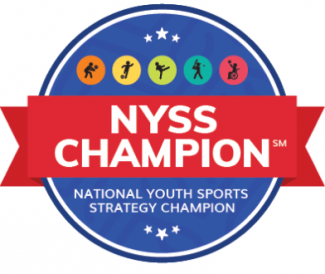

Get In Touch
American Therapeutic Recreation Association
4315 50th Street NW
Suite 100 # 7369
Washington, DC 20016
(857) 776-2872
info@atra-online.com
© 2024
All Rights Reserved | American Therapeutic Recreation Association
